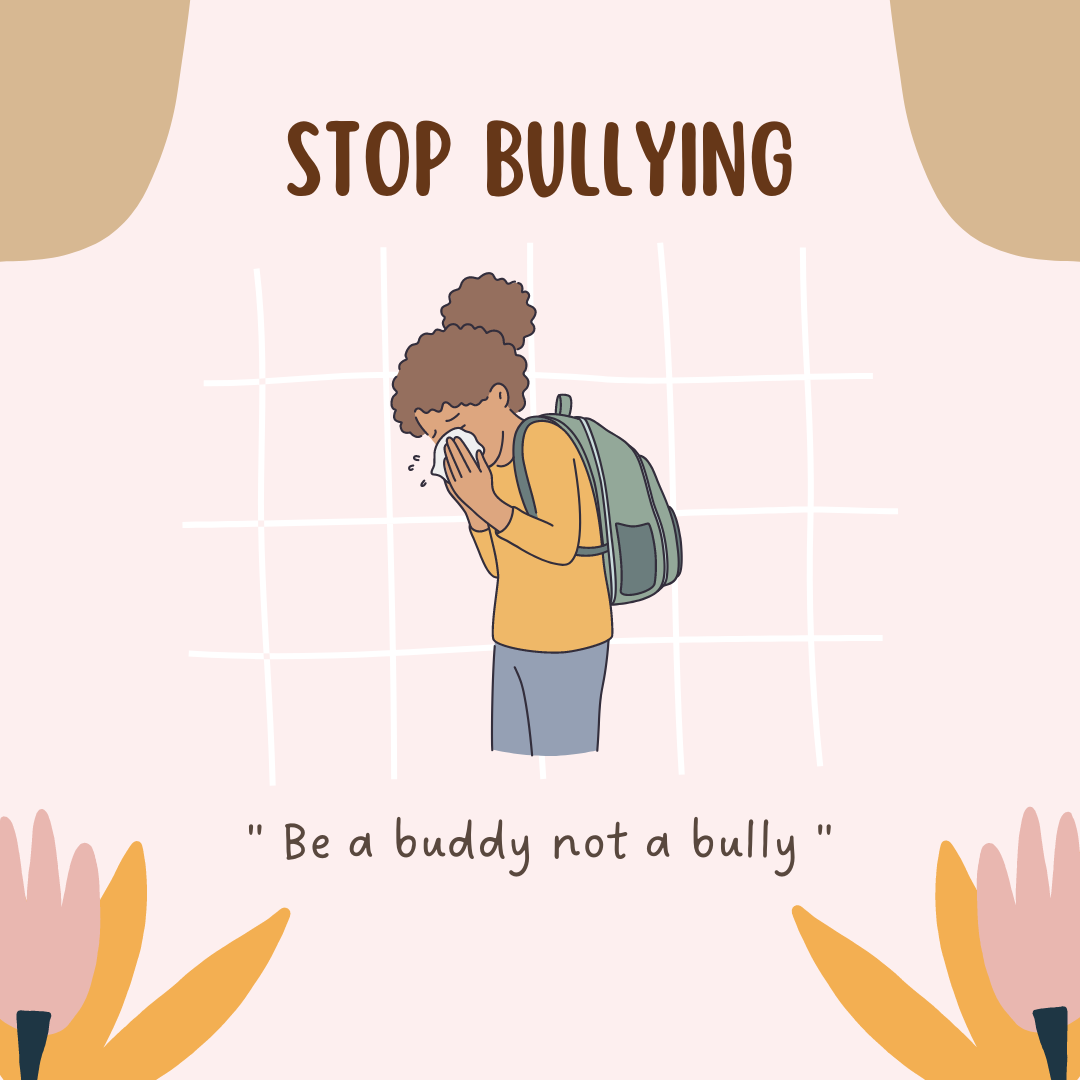A majority of urban schools in India draft strict policies against bullying, and while these policies are filed in progressive spirit, one cannot help but wonder, how effective are they? Do children who are bullied find the space to speak for themselves? Can these policies be implemented if the bullying has taken place outside of school grounds (on the internet or other public spaces)? Lastly, and perhaps, most importantly, do the victims of bullying children receive appropriate mental and emotional support?
Research suggests that physical or verbal bullying can cause feelings of rejection, isolation, and low self-esteem, significantly impacting the victim’s overall quality of life. They could perhaps face difficulty sleeping, their eating habits may considerably alter, and they may begin avoiding people altogether. These behaviors, in extreme cases, could also possibly develop into severe mental health disorders such as Acute Stress Disorder, Post Traumatic Stress Disorder, generalized anxiety disorders, or even Depression – perhaps psychologically burdening them well into their adult lives.
According to a study presented at the University of Warwick, students who are bullied in school have a 40% chance of developing mental health problems when they are 25-years-old. Further, for these children, the probability of being unemployed at the age of 25 is approximately 35%. These statistics highlight the extended and permanent consequences of bullying. In contemporary times, these feelings can take far more intense forms, especially with the advent of digital technologies. Victims, in these situations, are susceptible to bullying even when they are safe within the walls of their homes. Experiencing these forms of violence through a computer or phone screen can lead to the victim amplifying the consequences of the situation in their mind, taking steps that could seriously injure or harm them.
Viewing these statistics, one can derive the seriousness of the association between bullying and mental health. However, if anti-bullying policies within your school are weak or not implemented thoroughly, how can you do your bit to control the impact of the same? Well, research suggests that children with supportive and caring friends are less likely to be bullied, so if someone confides their experiences of being bullied in you, the first step is to make sure that the victim feels safe and cared for. Be kind to them, sit with them during lunch, and invite them to chat along with your group of friends. This way, the victim will not only be less susceptible to situations where they are alone and vulnerable, but also make them feel that they have somebody to lean on. In cases where the bullying continues, or the impact of the bullying on the victim is drastic, it is best to connect them with a teacher or a counselor at school, who has the capacity to take substantial measures.
Although bullying can have severe and prolonged consequences on the victims, the impact of the violence can be controlled with the support and care of peers. Even one small step can save someone’s life, and instill the confidence in them to stand up for themselves, and in the future, for others.







